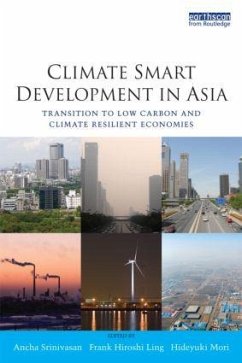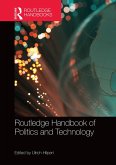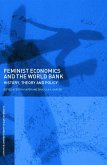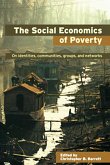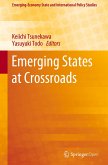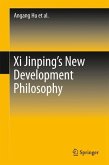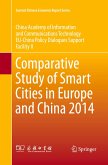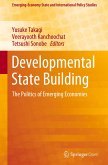Asia is rapidly becoming a major contributor of global greenhouse gas emissions. Also many countries in the region are highly vulnerable to impacts of climate change. With a growing consensus that there is limited time to avoid dangerous climate change, scientists, engineers, economists and policymakers worldwide have begun exploring how developing Asia can capitalize on the transition to a climate-smart development paradigm. Most discussions, however, have focused primarily on the transfer of technologies from developed to developing countries and have overlooked other equally important issues such as financing, governance, and capacity. This book covers all critical aspects of climate-smart development and attempts to integrate both market-based and technology-based solutions into a comprehensive approach for creating a roadmap for low carbon, climate-resilient economies in Asia. It examines strategies, policies and incentives in selected countries for reducing greenhouse gas emissions in the energy, transportation, land use, and buildings sectors. It also identifies policies that are essential to improve resilience to both current and future impacts of climate change. The book highlights technical, economic, financial, and institutional challenges and opportunities for realizing climate-smart development in Asia at the national and sub-national levels. How the international climate regime can facilitate appropriate enabling environment in developing Asia is also examined. This book is essential reading for policy makers, students, practitioners, and researchers concerned with climate change mitigation and adaptation, and sustainable development in Asia and the wider world. It is hoped that the book will contribute to discussions on the theme of "green economy in the context of sustainable development and poverty eradication" in the run-up to the United Nations Conference on Sustainable Development or "Rio +20" and beyond.
Hinweis: Dieser Artikel kann nur an eine deutsche Lieferadresse ausgeliefert werden.
Hinweis: Dieser Artikel kann nur an eine deutsche Lieferadresse ausgeliefert werden.

